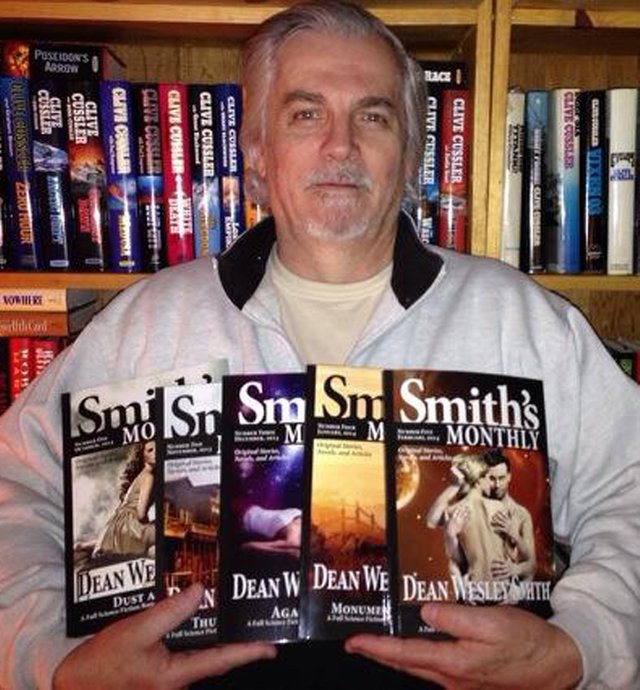Generating Ideas to Write--Turn on the Faucet (Steemit Original)
Generating ideas to write
I was inspired by @jbs410’s post about coming up with ideas for writing.
I’ve been trying to get other people, mostly teachers, to write their own books.
Ever since I published my first children’s book, Kevin and the Seven Lions, I’ve had other teachers tell me, “I’ve always wanted to do this but I can’t think of any ideas.”

That seems to be the biggest obstacle--I don’t have any ideas.
That’s a lie. And it is a dangerous lie.
Writer’s block is fear.
When it comes to fiction writing—writer’s block is BS.
Writer’s Block is perfectionism. Stop trying to be perfect.
Perfect is the enemy of done.
Done is the goal.
I live by Louise L’Amour quote:
“Start writing, no matter what. The water does not flow until the faucet is turned on.”
Start writing first.
The ideas come next.
When beginning to write the first Kevin book, I wrote 10 sentences. Each was the start of another story.
Kevin and the Seven Lions began with this sentence “Kevin slept in class.”
That sentence did not make it to the final version of the book. But that was how I turned on the faucet to get the words flowing.
When I do a writing session on my latest book, I find that the longer the faucet is on the more the words flow.

I’ve come to believe that when a writer is stuck for ideas they are wanting water without turning on the faucet. Turn the faucet on.
I don’t agree that fiction writing is hard.
I read Dean Wesley Smith’s blog regularly. He is one of the most profile authors living.

He currently publishes a 70,000 word magazine monthly of his own work. He loves writing. He never runs out of ideas. And he also shines a light on the secret.
Writing fiction isn’t supposed to be hard.
Do you know what hard is?
Digging ditches. Cutting trees. Teaching 5th grade.
Making stuff up and putting it down on paper—not hard.
Playing in your imagination is fun. It’s supposed to be fun. Writing is supposed to be fun. Make it fun.
Now if you sit down and write is going to perfect from the beginning? Of course not.
But most complaints I hear from other would be writers is “I don’t have an idea!”
Sit your bottom down in the chair, put your fingers on the keyboard and begin writing.
- Then, the ideas come.
- Next come the good ideas.
- Then come the best ideas.
That’s how it works.
And it always begins with turn the faucet on and begin writing.
@mctiller this is great, I've really been suffering from creativity blockages lately and have been using my tiredness after a long day as an excuse, when my soul deep down just wants to sit, write, and be creative. I need to turn on the faucet bad. Thank you.
Thanks. Glad I could help.
I upvoted You
I will be very frank with you.
I envy writers like you as myself has difficulty to start the first sentence every damn time!!!!
I understand. But as I said in the post. The very first sentence that I wrote for the book was eventually removed. But that first sentence got the ball rolling.
Write the first sentence that comes to mind. Even if it makes no sense in the book try to write the begging off that once you have most of the begging just get rid of the sentence.
Do you have any irrational fears?
This is a good one. :) Thanks @mctiller
Thanks for the inspiration. I have written the start of several short stories, but never finish them.
Any suggestions for following through?
And yes I am know, discipline, habit and routine, but maybe there is a "shortcut"? ;) ...
Maybe I should write a post on that. But here are Neil Gaiman's rules:
3.Finish what you’re writing. Whatever you have to do to finish it, finish it.
4.Put it aside. Read it pretending you’ve never read it before. Show it to friends whose opinion you respect and who like the kind of thing that this is.
5.Remember: when people tell you something’s wrong or doesn’t work for them, they are almost always right. When they tell you exactly what they think is wrong and how to fix it, they are almost always wrong.
For more timeless wisdom on writing, see Kurt Vonnegut’s 8 rules for a great sto
Keep up the great work @mctiller
Upvoted